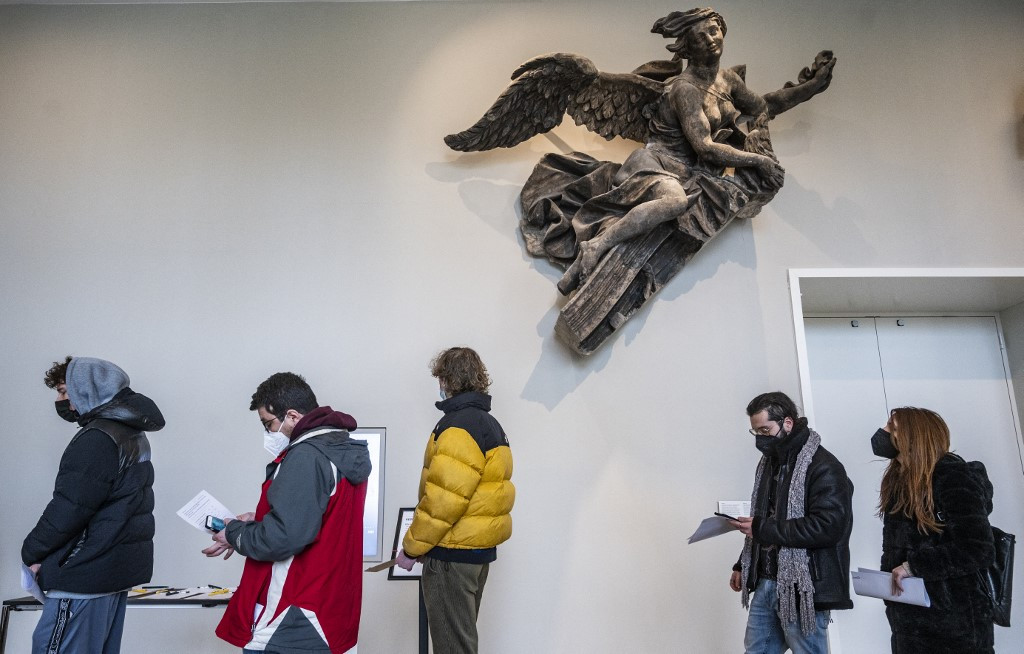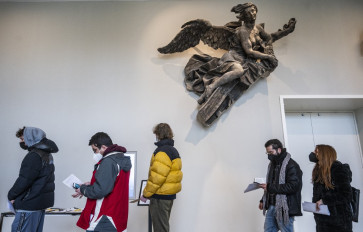Popular Reads
Top Results
Can't find what you're looking for?
View all search resultsPopular Reads
Top Results
Can't find what you're looking for?
View all search resultsStrengthening WHO to deal with future pandemics
The WHO is not an emergency response organization that has the capacity to send doctors, nurses, equipment and tons of supplies in a short time to hotspots of disease outbreaks all over the world.
Change text size
Gift Premium Articles
to Anyone
I
n the past decade or so there has been much criticism of the World Health Organization’s (WHO) ineffectiveness and perceived failure in handling global health crises such as the Ebola epidemic in West Africa in 2014-2016 and the ongoing COVID-19 pandemic.
The United States, in fact, withdrew from the WHO in 2020 after then-president Donald Trump accused the body of mismanaging the coronavirus pandemic when it emerged in China, and of failing to make “greatly needed reforms”.
During the current pandemic, the WHO has been criticized, for example, for its confusing advisories on mask wearing, the existence of human-to-human transmission of the virus, and in handling the questions around the origins of SARS-CoV-2. While the WHO is by no means a perfect organization, the global community needs to make concerted efforts to strengthen the WHO so that it becomes a stronger organization that is “better fit for purpose” in dealing with future pandemics and other global health crises.
It has been said that the WHO had shown limited capacity to deal with the COVID-19 pandemic. While not wanting to blindly defend the WHO, I believe there is often a lack of understanding of the WHO’s key roles and functions.
First, let us be clear that the WHO is not an emergency response organization that has the capacity to send doctors, nurses, equipment and tons of supplies in a short time to hotspots of disease outbreaks all over the world. It is a well-known fact that the most effective responders during the West African Ebola crisis in 2014-16 were the militaries of the US, the United Kingdom, France, Germany and China, among other countries, who had the necessary command structure, medical personnel and logistical and transport capabilities to send personnel and equipment (e.g. field hospitals) halfway around the world in a very short time.
The WHO does not have such capabilities; and it is not its role in global health.
Second, to be fair to the WHO, and as well illustrated during the COVID-19 pandemic, the organization has had to shape global health policies and provide guidance to countries in the face of a rapidly and continuously evolving situation with regard to limited and often incomplete and conflicting scientific evidence on which it bases its recommendations, e.g. mode of transmission and spread of the virus, appearance of variants, and the safety and efficacy of COVID-19 vaccines.



















